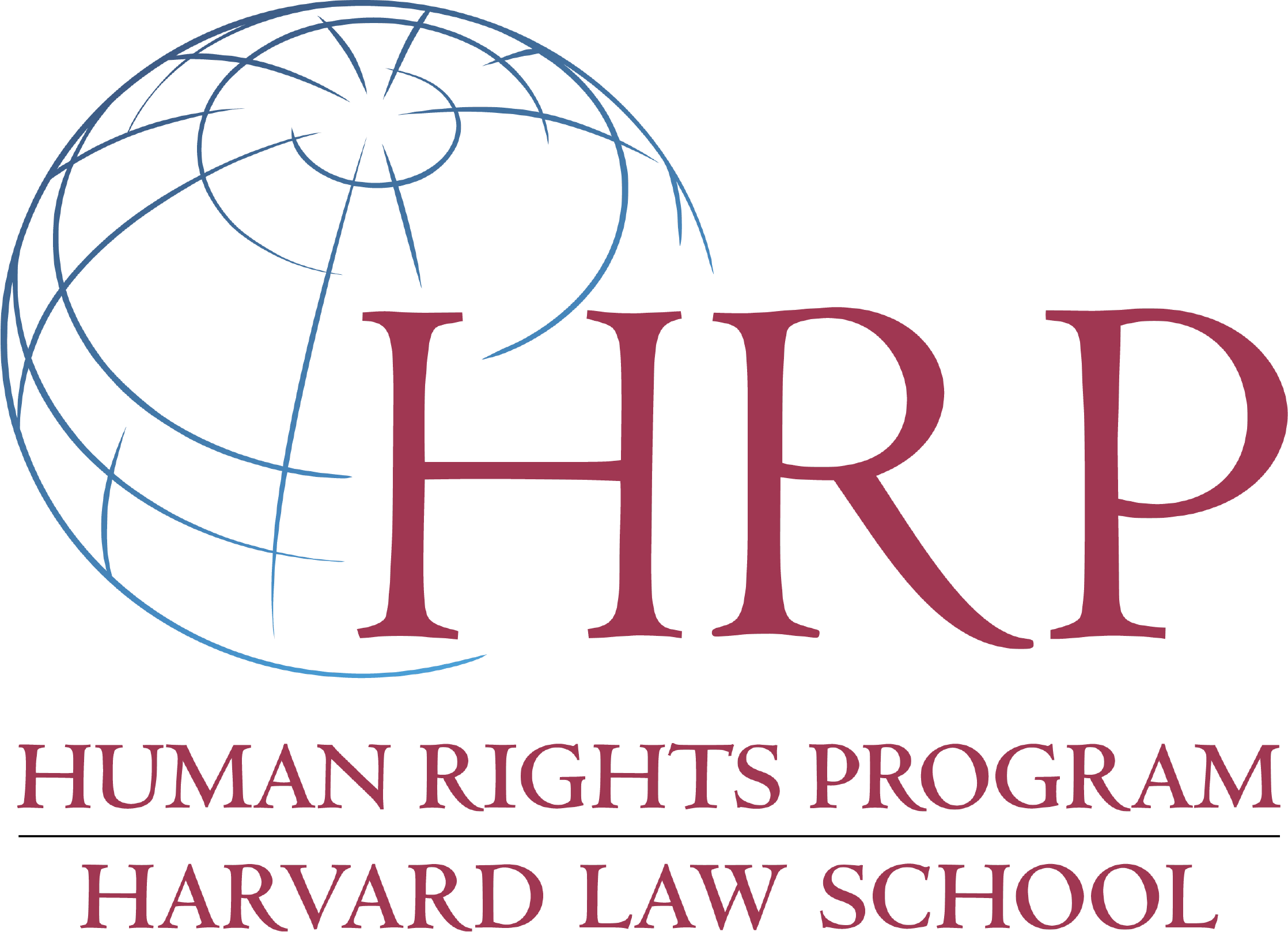Press Statement: Constitutional Law Scholars Respond to Trump’s Threats Against Birthright Citizenship
On Tuesday, Oct. 30, leading constitutional scholars stated that there is no serious scholarly debate about whether a president can, through executive action, eliminate birthright citizenship and contradict the Supreme Court’s long-standing and consistent interpretation of the Citizenship Clause of the 14th Amendment. Gerald L. Neuman, HRP Co-Director and J. Sinclair Professor of International, Foreign, and Comparative Law, was one of fifteen authors on this statement.
The full statement reads as follows:
President Donald Trump is reportedly considering an executive order to essentially rewrite the Citizenship Clause of the 14th Amendment to eliminate birthright citizenship. In an interview to be aired later this week, he explains that people are now telling him that he can do this “just with an executive order.” As constitutional scholars who have studied the 14th Amendment, we write to say in no uncertain terms that he is wrong.
The Citizenship Clause—enshrined as Section 1 of the 14th Amendment to the U.S. Constitution in 1868—states simply that “All persons born or naturalized in the United States, and subject to the jurisdiction thereof, are citizens of the United States and the State wherein they reside.” The 14th Amendment, adopted in the immediate aftermath of a Civil War that very nearly ripped this country in two, established the foundational principle that all persons are entitled to due process and equal protection under the law. The Citizenship Clause contained therein was meant as a direct rebuke to the infamous decision in Dred Scott v. Sandford, 60 U.S. (19 How.) 393 (1857), in which the Supreme Court held that that people of African descent born on our soil whose ancestors were slaves could not be citizens, even if they were free.
The Supreme Court 120 years ago in United States v. Wong Kim Ark, 169 U.S. 649 (1898), settled the very issue raised by the president. In that case, the Court held that with certain very limited exceptions, all children born in the United States are natural-born citizens regardless of the citizenship status of their parents. Many decades later in the case of Plyler v. Doe, 457 U.S. 202 (1982), in which the Court upheld the right of all children regardless of alienage to a free public education, the Court analogized its holding on Equal Protection Clause grounds to the settled law on the Citizenship Clause as declared in Wong Kim Ark. Specifically, the Court noted that just as undocumented immigrants are “subject to the jurisdiction of the United States” for purposes of the Citizenship Clause, they too are “within the jurisdiction” of a state for purposes of the Equal Protection Clause. Id. at 211 n.10.
There is today no serious scholarly debate about whether a president can, through executive action, contradict the Supreme Court’s long-standing and consistent interpretation of the Citizenship Clause of the 14th Amendment. Instead, as conservative legal scholar James Ho, now a federal judge on the U.S. Court of Appeals for the 5th Circuit nominated by President Trump, wrote more than a decade ago, “a constitutional amendment is … the only way to restrict birthright citizenship.” The executive branch’s own lawyers have long agreed.
It took a Civil War—the bloodiest conflict in American history—to resolve a dispute about what it means to be an American—a person—in this country. The 14th Amendment, including the Citizenship Clause, is the rightly cherished result of that American tragedy.
Signatories included: Muneer I. Ahmad, Yale Law School; Walter E. Dellinger III, Duke University School of Law; Lucas Guttentag, Stanford Law School and Yale Law School; Harold Hongju Koh, Yale Law School; Stephen H. Legomsky, Washington University School of Law; Gerard N. Magliocca, Indiana University Robert H. McKinney School of Law; David A. Martin, University of Virginia School of Law; Michael W. McConnell, Stanford Law School; Hiroshi Motomura, University of California, Los Angeles (UCLA) School of Law; Gerald L. Neuman, Harvard Law School; Cristina Rodríguez, Yale Law School; Peter J. Spiro, Temple University Law School; Geoffrey R. Stone, The University of Chicago; Laurence H. Tribe, Harvard Law School; and Stephen I. Vladeck, The University of Texas at Austin Law School.
Find the full press release on the Center for American Progress’s website.
